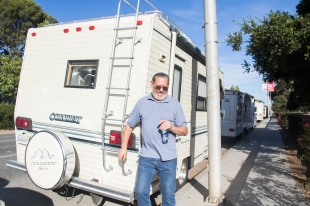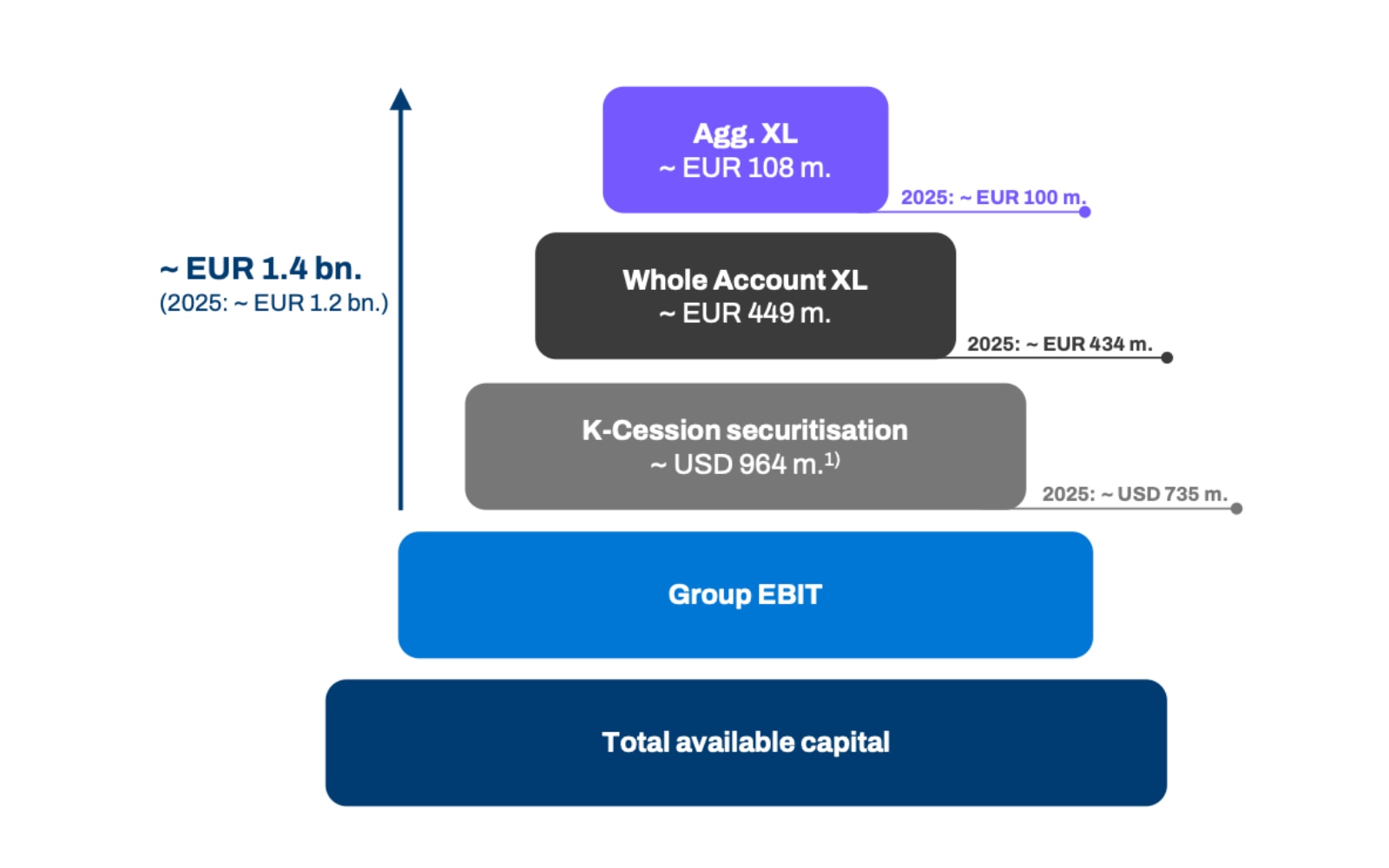
With “safe parking” programs for vehicle dwellers rolling out throughout Santa Clara County, the Board of Supervisors agreed on Tuesday to help cities find new sites for those without permanent homes.A day after the Palo Alto City Council voted to launch a “safe parking” program — joining the likes of Mountain View, Morgan Hill and San Jose — the board directed county staff by a 5-0 vote to move ahead with a series of initiatives relating to the programs.These include identifying sites that could be used by vehicle dwellers and stay open for 24 hours.
This would be in sharp contrast with Mountain View’s existing program, which is open to vehicles between 5 p.m.and 9 a.m., and Palo Alto’s new one, which allows vehicle dwellers to park from 6 p.m.to 8 a.m.
While the Palo Alto’s program is open only to congregations, with the number of vehicles limited to four per lot, Mountain View’s program also includes two city-owned sites: a lot formerly owned by the Santa Clara Valley Transportation Authority and a lot at Shoreline Amphitheatre, each of which can accommodate up to 30 oversized vehicles.The county has already invested $750,000 in funding for safe parking programs, which pair participants with case managers that aim to steer them toward permanent housing.County funding helps support case management, program administration and identification of new lots, according to a news release from Supervisor Joe Simitian, who proposed increasing the county’s involvement.
According to a report from county staff, the number of county residents living in cars and recreational vehicles has increased significantly in recent years.The latest Santa Clara County census found that 18% of unhoused residents were living in vehicles, up from 8% in 2015 and 2019.In a news release, Simitian said identifying a sufficient number of sites is the “necessary first step, and that’s been a struggle.” He said his office is hoping to spearhead a coordinated effort to identify more sites this spring in Mountain View and Palo Alto.
“Cities have faced a number of barriers to opening safe parking programs, including finding appropriate sites, the lack of insurance for nonprofit partners, and challenges in establishing 24-hour lots,” Simitian said.“We need to identify more sites, find a way to keep them open 24/7 and connect local non-profits with the insurance coverage they need to get the job done.” Simitian said it has become increasingly clear that programs would benefit from additional support and engagement from the county.The steps approved by the board include working with nonprofits that operate safe parking sites to obtain insurance coverage; and possibly leasing parking lots at a very low cost — or even no cost.
Staff was also directed to report back to the board about additional funding that would be required to make the programs “adequately scale.”
“While having enough affordable housing to house this population is the ultimate goal the County and our partners should pursue, there’s more work to be done to remove barriers for folks looking for a safe, designated place to sleep at night while seeking permanent housing,” Simitian said.—
Follow the Palo Alto Weekly/Palo Alto Online on Twitter @PaloAltoWeekly and Facebook for breaking news, local events, photos, videos and more.
Publisher: E-Insurance News








